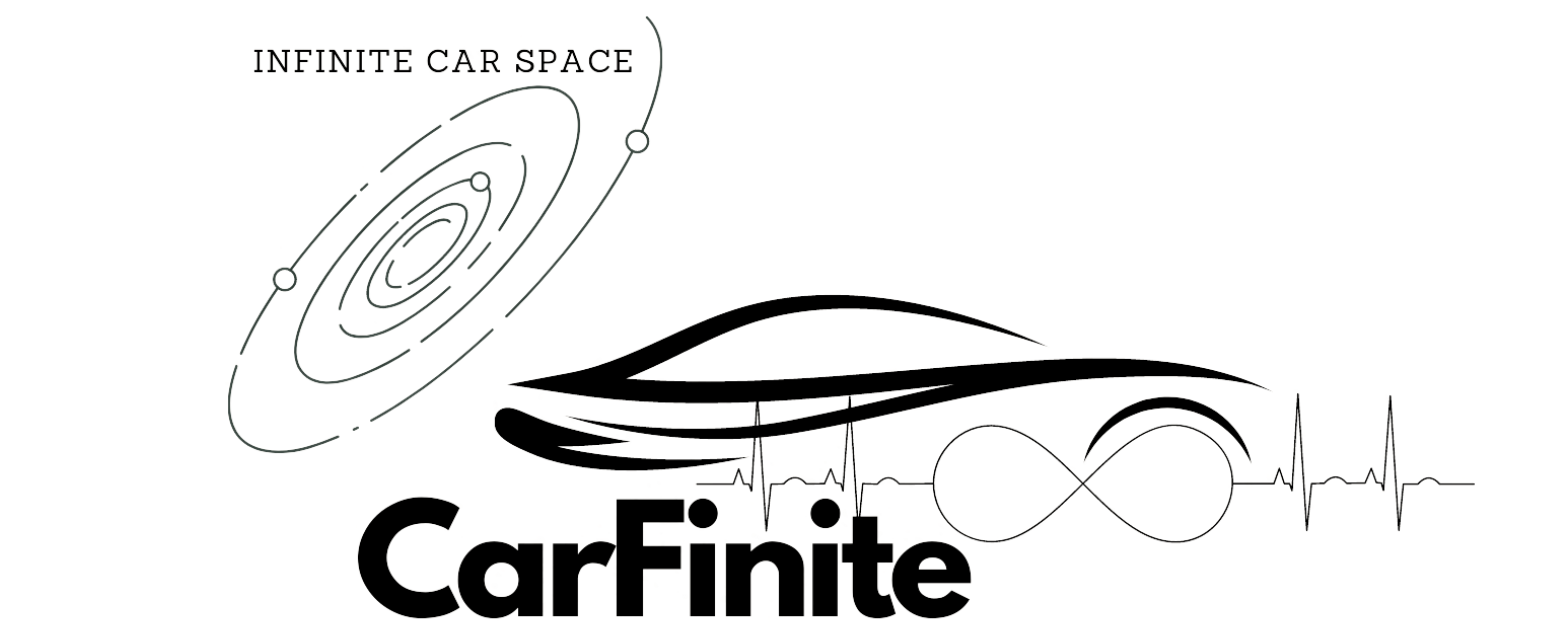Ford Mustang owners often complain of a high-pitched squeaking or screeching noise from the front suspension when turning the steering wheel left or right. This noise originates from worn-out outer tie rod ends suffering from dried-up grease and metal-on-metal wear. Replacing the degraded outer tie rod ends with new factory or quality aftermarket joints is the recommended repair to restore quiet and responsive steering to the Mustang.
Explain the problem
The outer tie rod end connects the tie rod to the steering knuckle, transmitting steering inputs to enable wheel turning. These ball joints allow necessary suspension articulation and steering motion via an internal grease reservoir and ball bearings. However, with age and use, the factory grease dries up and the bearings wear down. This causes metal-on-metal contact and friction within the joint, producing a loud high-pitched squeaking or screeching noise when turning the steering wheel left or right.
The squeaking progresses from intermittent to constant as additional wear occurs. If ignored for too long, the degradation can allow alignment changes, steering wander, and finally looseness and play leading to complete loss of control and increased risk of accident or injury. Preventative replacement of the outer tie rod ends at the first sign of noise is crucial.
Diagnostic Procedures
Step 1– Safely raise and support the front of the Mustang. Visual inspect the outer tie rod ends on both sides. Look for cracks or damage to the rubber boots. Also check for fluid leaks or grease splatter around the joints. Damaged boots or grease leakage signals contaminants have entered the joint causing accelerated wear.
Step 2– With the front wheels stationary, have an assistant rotate the steering wheel smoothly from lock to lock while observing joint articulation. Listen and feel for any grinding or squeaking sensations during motion. Repeat the procedure minimum three times checking for any binding, uneven resistance, or increasing noise.
Step 3– With the steering centered, carefully check for vertical and horizontal play by grasping the tire at the 3 and 9 o’clock positions. Attempt to shake the wheel and joint. Excess play up to 0.25 inches indicates a worn outer tie rod end.
Step 4– For quantitative measurements, use a dial indicator secured to the steering knuckle. Input the magnetic base vertically to contact the stud end of the joint. Have the assistant gently rotate steering while measuring end play. Factory spec is less than 0.031 inch (0.79mm) lash before solid contact. Values exceeding spec confirm a worn tie rod end ready for replacement.
Repair Solutions
Complete replacement of both outer tie rod ends with new OE or reputable aftermarket joints is the definitive repair. Ball joint separators are useful for safely removing worn ends without damaging threads.
Inspect the steering knuckle and inner tie rod threads for wear or cracks before installing new ends. Apply a thread-locking compound to prevent loosening.
Tighten the new 14mm nut to 64 ft-lb torque or 10mm nut to 34 ft-lb per Ford service manual. Road test the Mustang to verify smooth quiet turning without wander or looseness.
Affected Ford Mustang Models and Years
The Ford Mustang has utilized outer tie rod ends on all model years. However, squeaking and wear is most commonly reported on 1994-2004 SN-95 platforms along with 2005-2014 S197 models equipped with the optional 18″ wheels and lower profile tires. The increased grip and road feel place additional strain on suspension and steering components.
Parts Potentially Damaged
If left unchecked, worn outer tie rod ends can damage the following steering and suspension parts due to unwanted play and alignment changes:
- Inner tie rod ends
- Rack and pinion gear
- Steering gearbox
- Idler arm and pitman arm
- Control arms
- Struts and shock absorbers
- Tires and wheels
Cost of Repair
Parts cost $55-$85 per new outer tie rod end. Labor time is approximately 1-1.5 hours for both sides at $100 per hour shop rate. So total repair cost ranges from $310 to $425 to resolve the Ford Mustang squeaking outer tie rod end noise when turning.

John Smith, a Los Angeles-based car specialist and automotive writer, boasts over 20 years in the industry. With a background as a master technician and a decade-long writing stint at notable automotive publications, John now shares his expansive knowledge on CarFinite, simplifying car maintenance for readers.

